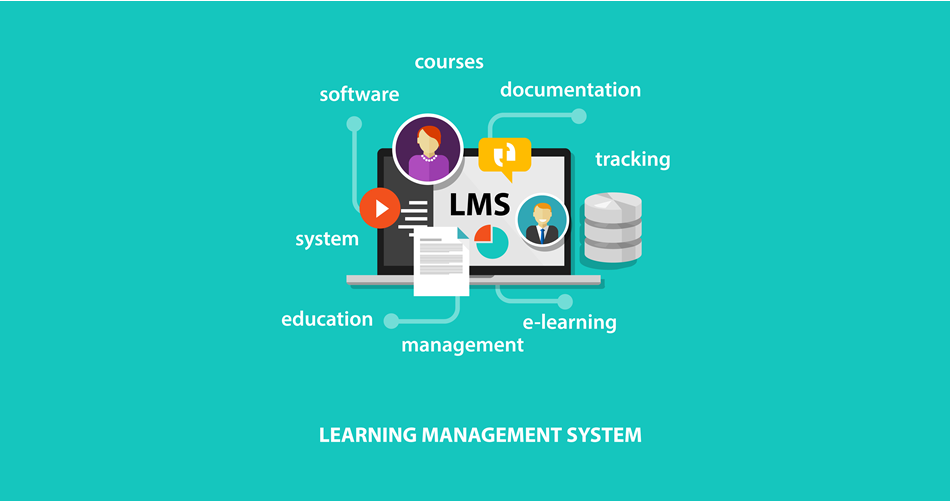In today’s rapidly evolving business landscape, continuous learning and professional development have become critical components of organizational success. Companies that invest in the growth and upskilling of their employees gain a competitive edge, foster a positive work culture, and achieve higher productivity levels. One tool that has proven invaluable for facilitating and managing employee training is a Learning Management System (LMS). In this article, we will explore the reasons why your business needs an LMS and how it can significantly impact your organization’s growth and success.
Streamlined Training and Onboarding Process
One of the primary advantages of an LMS is its ability to streamline the training and onboarding process for new hires. Traditional onboarding methods can be time-consuming and disjointed, leading to reduced productivity and increased turnover rates. An LMS provides a centralized platform where you can create, deliver, and manage onboarding materials, ensuring that new employees receive consistent and standardized training. This not only accelerates the learning curve but also helps new hires integrate into the company culture more effectively.
Scalable Training for Remote Teams
The modern workforce is increasingly dispersed, with remote work becoming the new norm. Managing training for remote teams can be challenging, but an LMS offers a solution. With a cloud-based LMS, employees from different locations can access training materials at their convenience, allowing them to learn at their own pace. This scalability ensures that the training program can grow alongside your business, accommodating a larger number of employees, whether they are in-office or working remotely.
Personalized Learning Paths
Every employee has unique strengths, weaknesses, and career aspirations. A well-designed LMS allows you to create personalized learning paths for individuals based on their roles, skill gaps, and performance reviews. This personalized approach to training increases engagement and motivation, as employees feel invested in their professional development. By tailoring learning content to individual needs, an LMS fosters a culture of continuous improvement, enhancing employee retention and loyalty.
Cost-Effective Training Solution
Traditional training methods, such as instructor-led sessions or physical training materials, can be expensive and logistically challenging. On the other hand, an LMS provides a cost-effective training solution. By eliminating the need for physical resources and reducing travel expenses, you can significantly lower your training budget. Moreover, the ability to reuse and update training content ensures that your investment in the LMS generates long-term value for your organization.
Real-time Performance Monitoring and Assessments
Measuring the effectiveness of training programs is crucial to gauge their impact on employee performance and overall business outcomes. An LMS enables real-time monitoring of employee progress, allowing you to track completion rates, quiz scores, and engagement levels. Such data-driven insights help identify areas where employees might be struggling and allow you to make necessary improvements to the training content. Furthermore, performance assessments provide valuable feedback for employees and allow them to gauge their own growth.
Compliance and Certification Management
In industries where regulatory compliance and certifications are essential, an LMS can be a game-changer. With an LMS, you can ensure that your employees stay up-to-date with the latest industry regulations and certifications. The platform can automatically notify employees of upcoming compliance training and track their completion. This not only helps your organization avoid costly penalties but also reinforces a culture of professionalism and accountability within your workforce.
Continuous Learning and Skill Development
To remain competitive in today’s fast-paced world, organizations must embrace a culture of continuous learning and skill development. An LMS acts as a hub for various learning resources, including online courses, webinars, and interactive modules. This diverse range of content keeps employees engaged and encourages self-driven learning. Employees who feel empowered to develop their skills are more likely to be innovative, adaptable, and better equipped to tackle new challenges.
Conclusion
In conclusion, a Learning Management System is a powerful tool that can revolutionize the way your business approaches employee training and development. From onboarding new hires to fostering a culture of continuous learning, an LMS provides a scalable, cost-effective, and efficient solution. By investing in an LMS, your business can expect improved employee performance, increased engagement, and ultimately, a competitive advantage in the market. So, take the leap and embark on the journey of transformative learning experiences for your workforce!
